Events

While the holidays can be stressful for everyone, those dealing with depression and anxiety can struggle that much more. About 1 in 5 adults will suffer from mental illness each year and the holidays can create more stress, that triggers or exacerbates those mental health conditions. One of the best ways to alleviate stress is to engage in effective self-care such as eating balanced meals, getting enough sleep, and making sure you have enough downtime.

As the weather is getting colder and the holidays are approaching, more to-dos, deadlines, and social pressures may arise. However, there are many ways to take care of your emotional wellbeing during the holiday season. Did you know, the winter sun in Norway doesn’t rise above the horizon, the days are short and dimly lit. So the Norwegians take the opportunity to create koselig, or a cozy way of living. This tradition means getting under a blanket with a cup of tea and enjoying your time with family and friends peacefully. And koselig must be working as Norwegians have astonishingly low rates of seasonal affective disorder and depression rates during the winter.

The holidays hold a lot of pressure for many. Even if you are looking forward to the lights, food, and festivities during the holiday season, there may also be a lot of stress. Pressure to impress loved ones with the most picture-perfect meal or the greatest gift can lead to stress. Wanting to buy the best gift can lead to strains on a tight budget, and this year, the delays in packages can lead to stress and anxiety that your gifts won’t arrive on time. For many this year, feelings of sadness may also arise from being unable to be close to family during this time. Below are a few things you can do if you find yourself stressed or depressed during this holiday season.

While the holidays may bring up thoughts of spending time with friends, delicious food, and other festivities, for others the holidays can bring up feelings of stress, anxiety, and depression. This year, these feelings may be stronger with many unable to see family and friends. If you’re experiencing stress during this holiday season, below are some coping strategies to manage increased levels of stress, anxiety, and sadness.
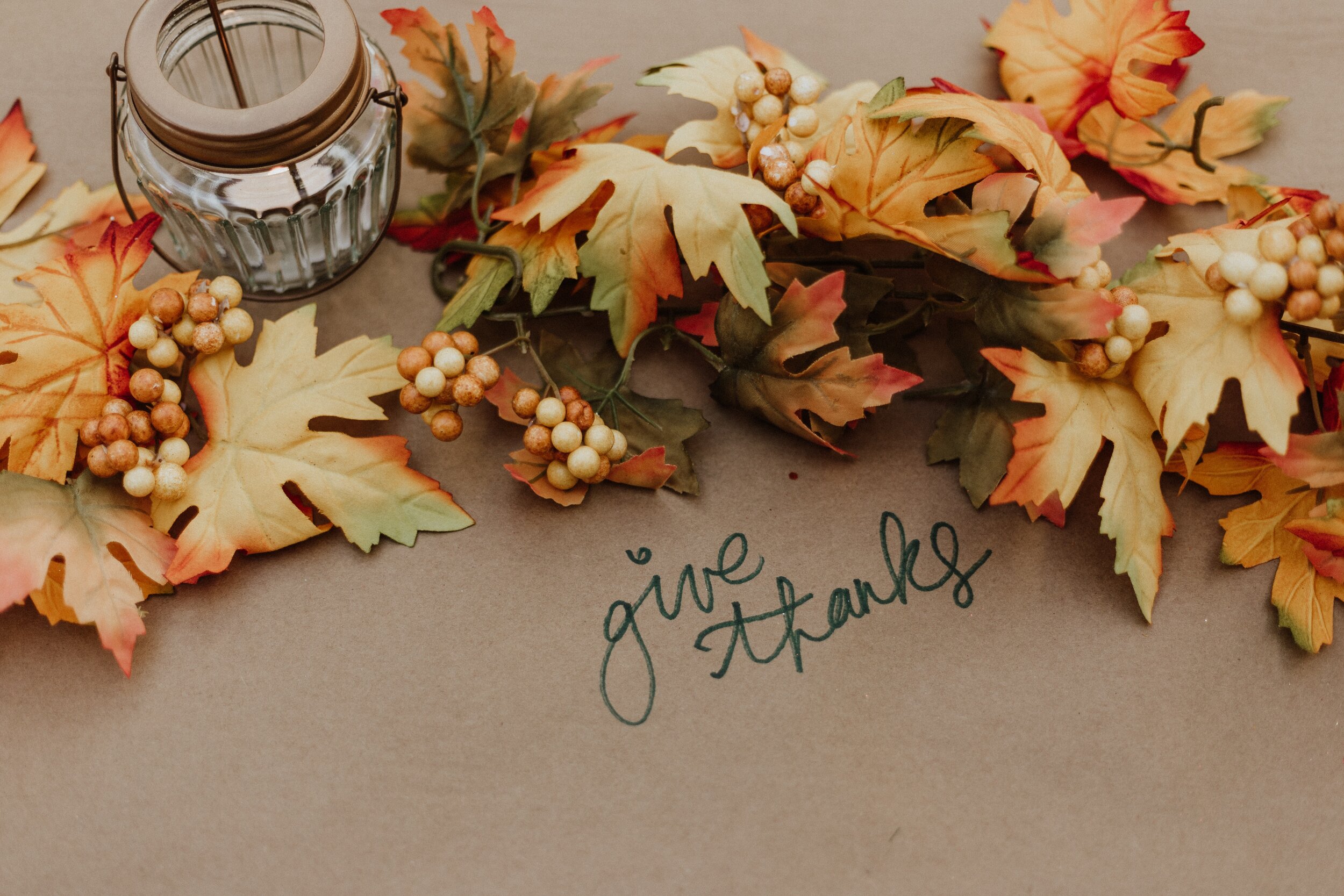
As the holidays approach, many struggle with difficulties that can make it a challenge to feel grateful and maintain a positive outlook. However, having a positive outlook has been linked to better ability to problem solve, and overall greater emotional wellness. So why be grateful at all? Well, gratitude enables you to see your life in a larger context beyond immediate problems. Gratitude expands your life experiences and counteracts ego-centered preoccupations with losses, fears, and wants. If you are only grateful when good things happen, it reinforces your ego’s demand for good things, leading to greater disappointment when things do not turn out the way you had hoped.

With the holiday season approaching, as stress and anxiety heighten, it can be helpful to develop more coping strategies to get through particularly difficult moments throughout your day. Mindfulness meditation can be an extremely helpful technique to reduce your stress and anxiety.However, you can engage in these practices even without any formal meditation throughout your day. Below are a few ways to incorporate mindfulness into your daily life allowing you to feel more focused, calm, and at peace.
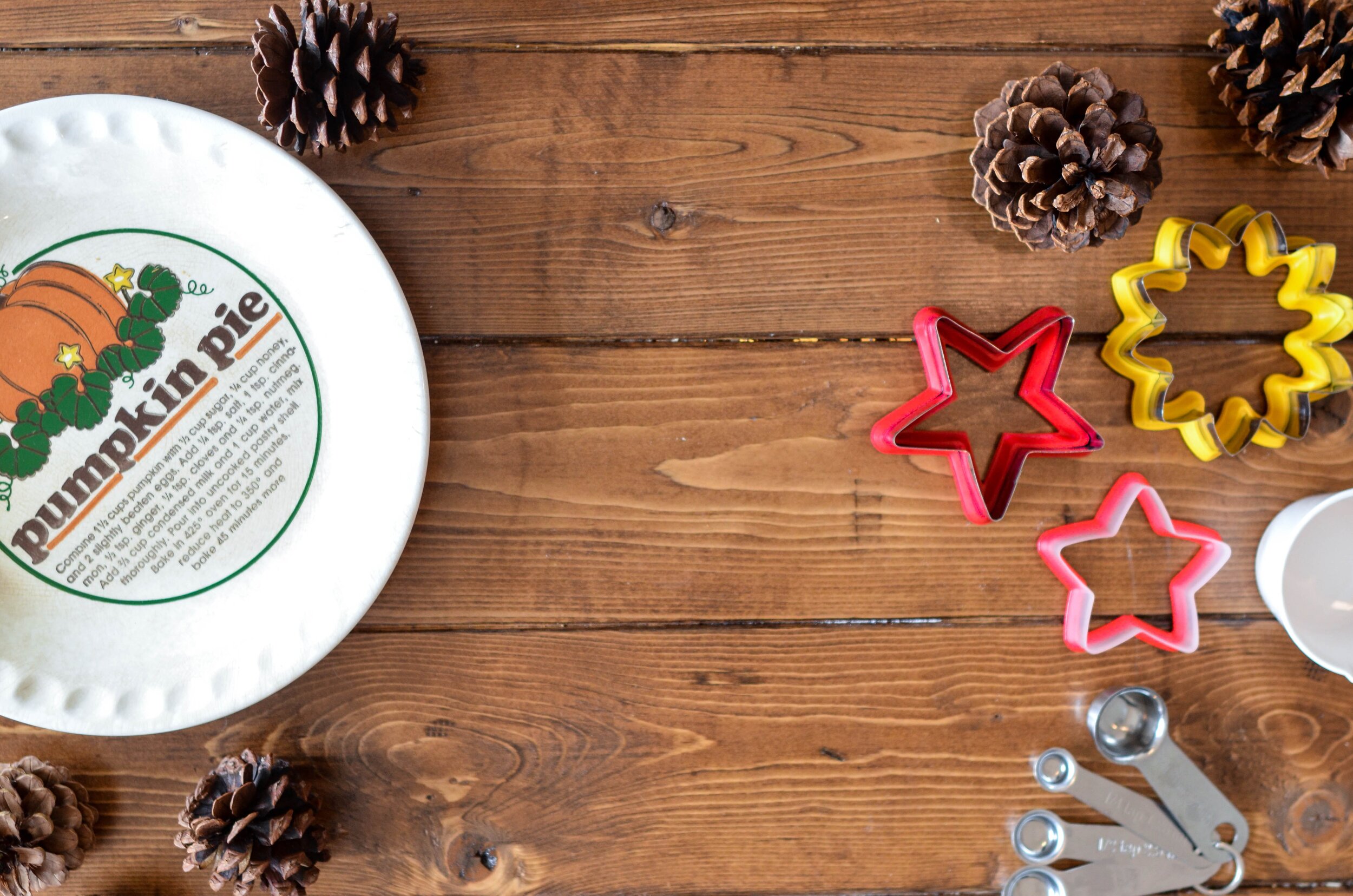
As we end Halloween and approach Thanksgiving, thoughts of other winter holidays also begin to come up. Planning for all of these holidays and events can bring about panic, anxiety, stress, and a feeling of all the things we “have to” do. These “have to’s” such as cooking, decorating, buying gifts, getting together with others, etc. are the “have to’s” many of us face throughout the holiday season. With so many things to do, these “have to’s” can take a toll on our well-being. But do we really have to do all of these “have to’s”? Not necessarily. There are ways to make sure you find a balance between what you want to do, and what you have to do this holiday season.
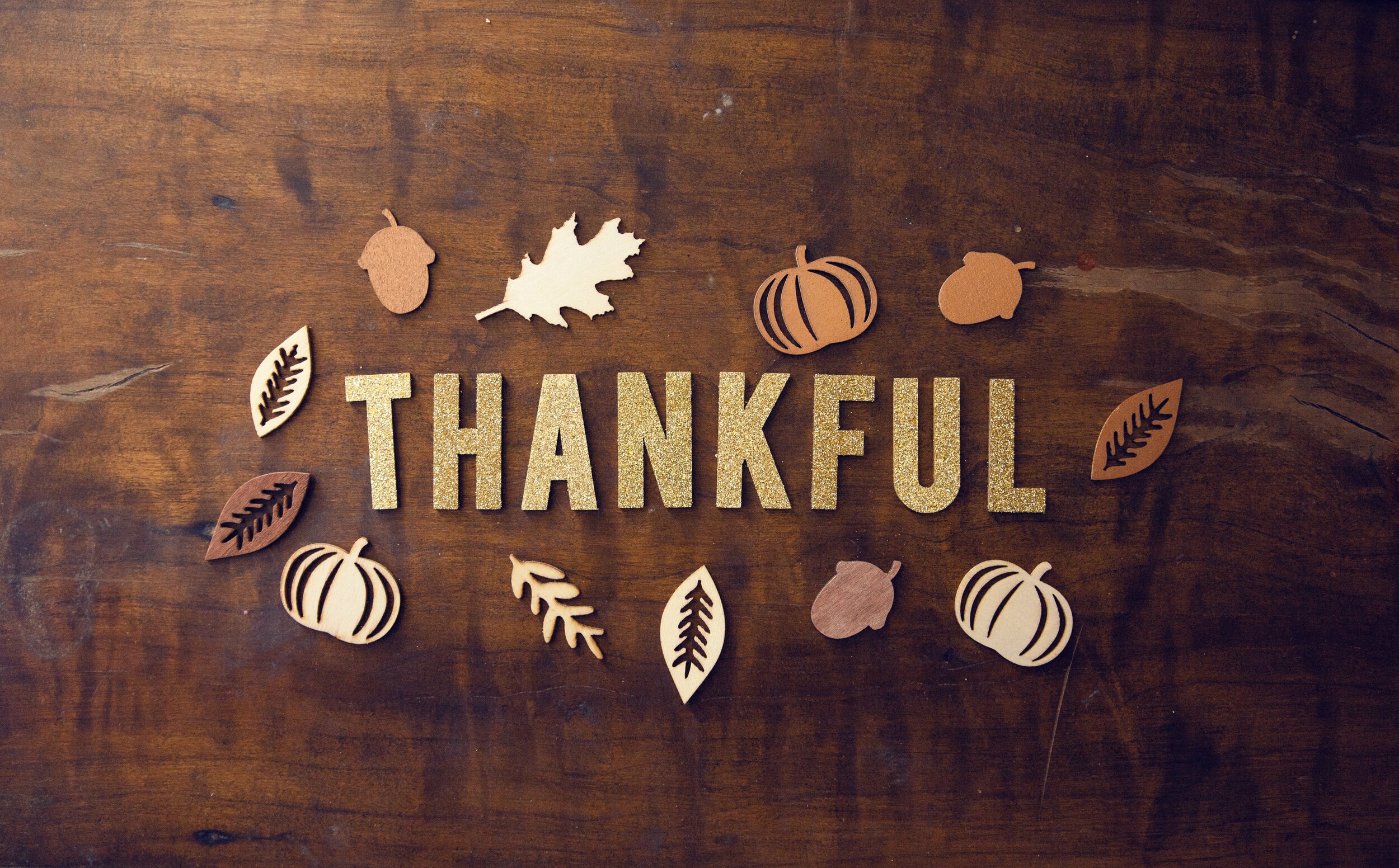
As Thanksgiving approaches, the focus on gratitude and being thankful for others comes to mind. The research on understanding the impact of gratitude on health and relationships has also expanded over the last several years. Expressing gratitude on a consistent basis has been shown to positively impact important areas in one’s life including emotional wellbeing, physical health, and connectedness in relationships.
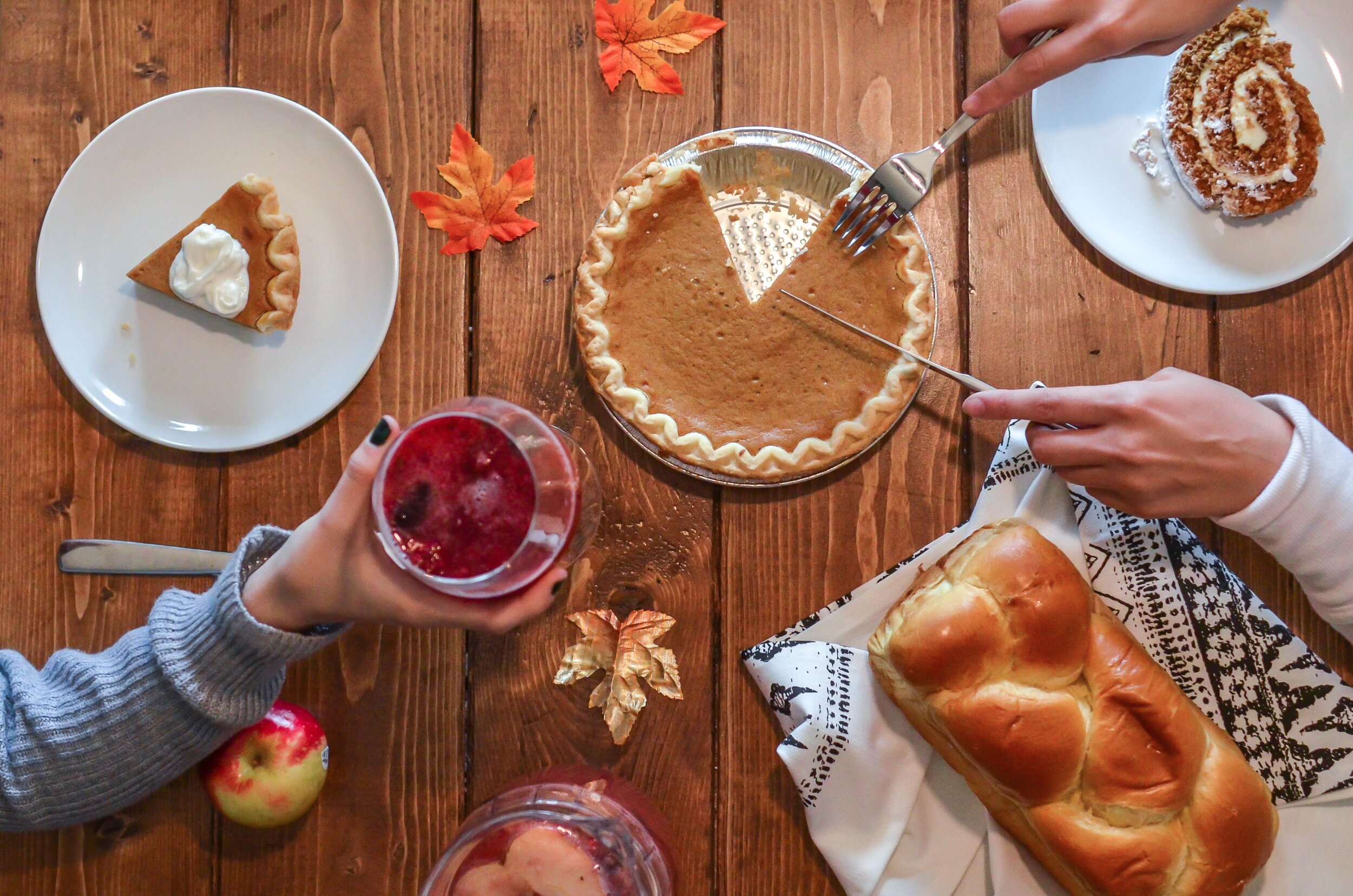
Often we may feel we have to brave through stress and worry, and that this is the only way to tackle the holiday: by grinning and bearing it. While this may seem like the best option in the short-term, when you add up the holidays each year and multiple by the many years you may manage holiday stress, this can seem overwhelming. The holidays are not a mental health sprint, but a marathon thus why not strategize on how to make the most of the holidays. Read below for some tips and tricks to manage stress during the holiday season.
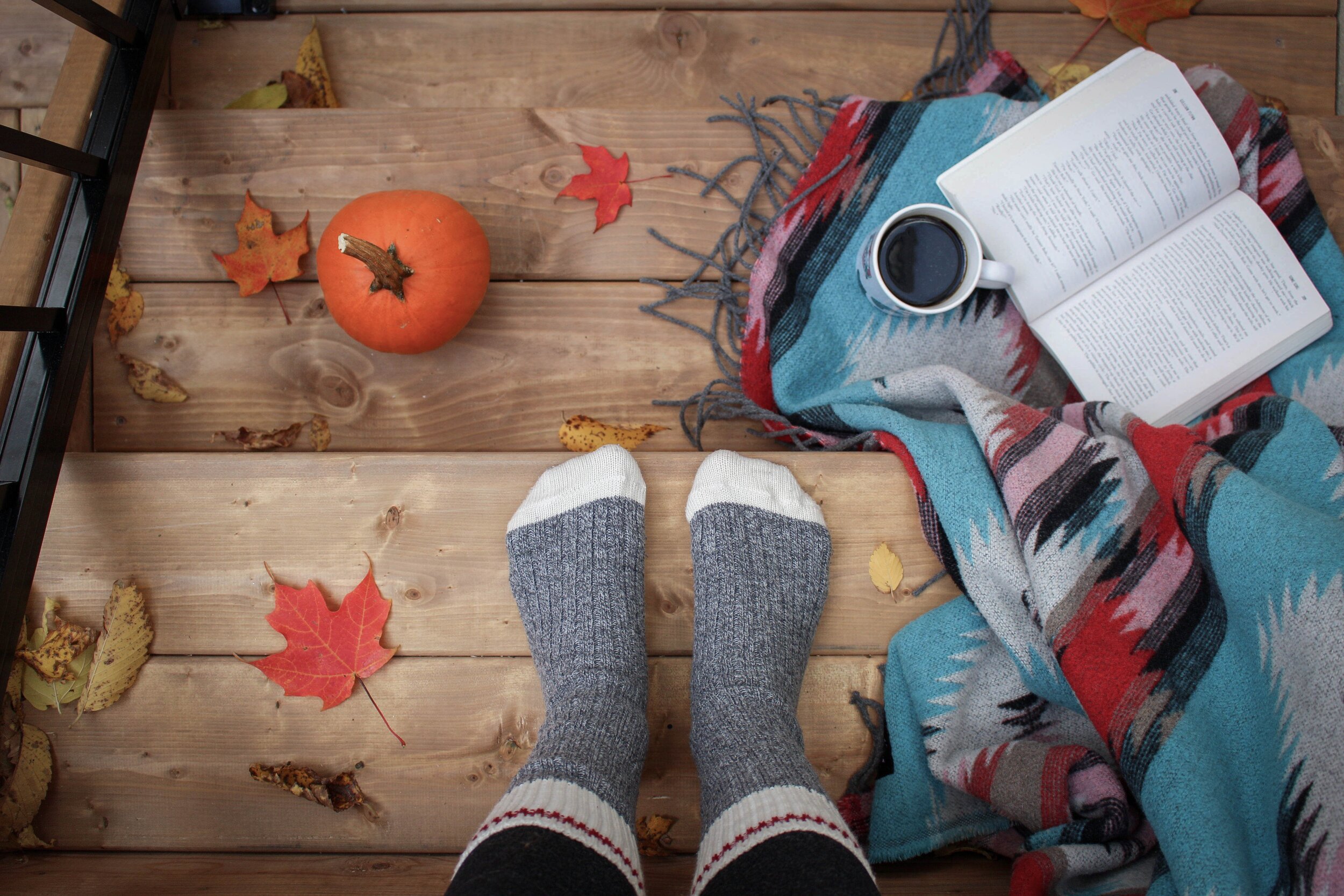
As autumn approaches, the colder weather, shorter days, and busier schedules leave us feeling as though we have less time to accomplish what we want. Additionally, the holidays come closer with the many tasks to prepare as well. Stress comes with the changes the fall brings; it is a natural part of life to experience stress, however we can engage in activities to relieve that to some extent. Self-care can help us reduce the effects stress may have on ourselves. Without self-care, stress builds leaving us overwhelmed, fatigued, down, and physically sick. Self-care is any activity that is healthy and supports emotional, physical, and spiritual well-being.